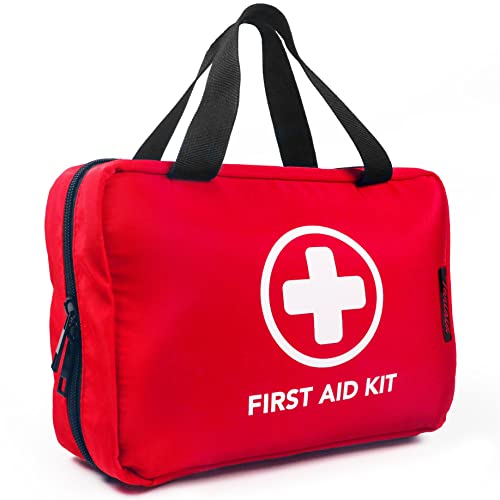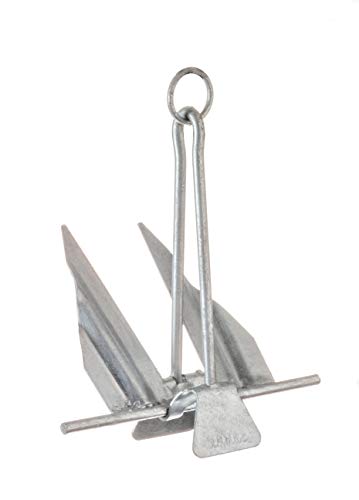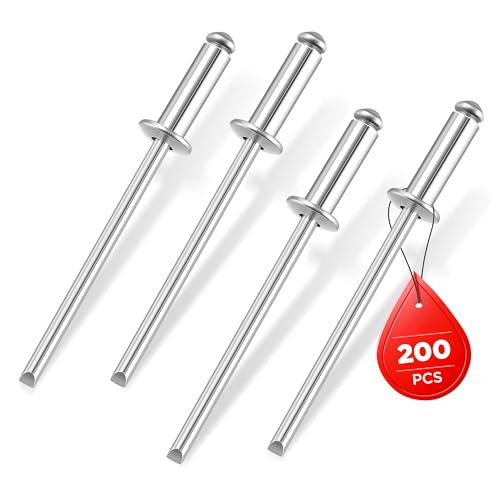- Joined
- Jun 13, 2023
- Messages
- 26
- Reaction score
- 14
- LOCATION
- Denver, CO
When I picked up my old boat the previous owner(s) had no concept of galvanic corrosion and managed to screw on un-galvanized and non-stainless screws in a few locations. I'm in the process of removing this garbage, most of which holds nothing at all anymore so who knows what it was put there for in the first place, and am wondering if it's worth taking to a shop to TIG weld the holes and blend them in like new or just add more aircraft rivets, for which I would need to acquire the proper equipment and properly sized rivets (and then also learn the proper way to use them). I suppose the easy route is to take them out and just put in SS screws to take their place but I'm trying to restore the boat, not have a screwed-to-death beater. Thoughts?














































